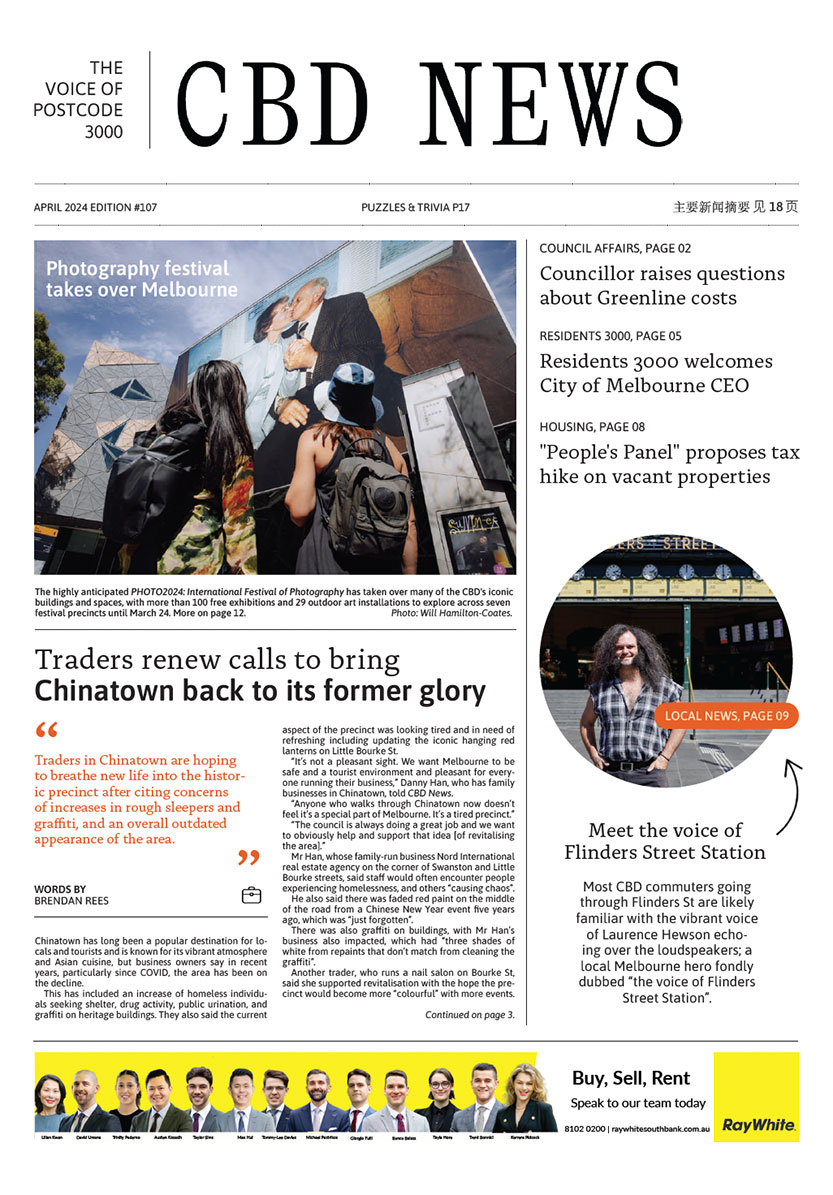Locals ripped off by developer bonuses
By Shane Scanlan
The state government looks set to reward developers who build commercial offices as a “defined community benefit” under new CBD planning rules.
The curiously-defined community benefit is included in a list of ways to allow developers to build bigger buildings in the CBD and Southbank.
The government revealed its new CBD planning amendment C270 on April 26. The amendment reduces the allowable floor area ratio to 18:1, down from 24:1 mandated in the current interim controls.
But developers will be able to claw this back by being awarded bonuses for providing “defined community benefits” via a floor area uplift (FAU) scheme.
The government’s prime architects of the FAU scheme, SGS Economics and Planning reported in February about the benefits of such a scheme.
SGS listed a number of obvious candidate community benefits for a FAU scheme: Libraries, aquatic centres, art galleries, performance spaces, meeting rooms, kindergartens, social housing, open space, etc.
In setting parameters for locally relevant assets, SGS said they should be publicly owned and should “represent a permanent or long-lived enhancement of local community infrastructure”.
But between February and April the government had added to the list of defined community benefits provision of commercial office space as well as architecturally-designed buildings.
Given a choice, what developer would offer the gift of a childcare centre over the opportunity the clean up with high-yielding commercial offices?
No one has been able to say who will judge or how community benefit will be determined, but it appears it will be up to the developer to nominate what it will offer in return for FAU bonuses.
The Property Council says it wasn’t its idea, but it applauds Planning Minister Richard Wynne for the inclusion of office development on the list.
“We welcome the height bonuses for commercial office development and public open space. These bonuses send the right message about combining economic and environmental benefits through good design,” Property Council acting executive director Asher Judah said.
CBD News asked the Minister’s advisers and spokespersons how offices and architecturally-designed buildings ended up on the list of defined community benefits but did not receive a response.
Submissions on the C270 amendment close on May 30, but people will be able to submit to the panel hearing process which starts on July 11. Mr Wynne is aiming to make the amendment law by September – at the same time as the introduction of a complementary set of new apartment design standards.
And local residents shouldn’t look to the City of Melbourne for help in this area.
Firstly, the city is yet to appreciate that 33,000 people live within the Hoddle Grid and has no meaningful program to deliver badly-needed community infrastructure anyway.
When researching for appropriate potential examples of CBD community infrastructure, SGS found the council wants to replace the City Library in Flinders Lane, but had little ambition beyond that.
Secondly, the council is more concerned about who makes the decisions rather than how community benefit should be defined.
In a woefully inadequate submission (fewer than 1000 words, and addressing just three matters), the council outlined its concern that the FLA uplift bonus scheme “has the potential for these decisions to be developer driven or with a significant element of developer discretion”.
The paucity of the council’s response was not lost on deputy planning chair Cr Rohan Leppert who told the May 17 Future Melbourne Committee meeting he found it “interesting” that the council was submitting just three pages.
“It’s interesting that we’ve come to a position, where the council’s role as a city planner has been so eroded over time, that this is all we’re doing,” he said.
Cr Leppert said: “This is, I think, the single most significant planning scheme amendment that we will be considering in this term of council in terms of its scope and what it will mean in terms of our municipality.”
Planning chair Cr Ken Ong wanted to ensure that small contributions from developers could be pooled to allow for more significant projects.
Questioned by CBD News, Cr Ong said he would not consider spending contributions from CBD or Southbank developers in other parts of the municipality.
Under the SGS model, the local community could be expected to benefit greater from future CBD development. Under the FAU provisions of the C270 amendment, the community may end up with nothing.

Experts gather to discuss “city-shaping” Greenline project






 Download the Latest Edition
Download the Latest Edition